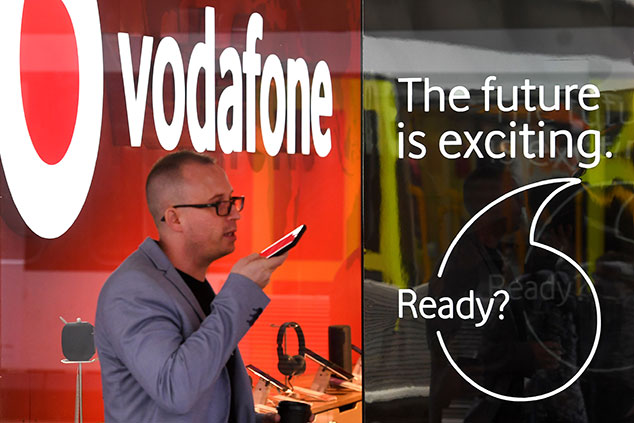
Most mobile phone deals are sold on two year contracts. You sign up to a deal that commits you to paying a set amount every month for the full period, part of which is in payment for the phone itself. At the end of the two years you own the phone (so the credit part of the arrangement comes to an end). You should then be charged only for your data and phone usage – or so you would think.
Turns out that’s not how it works. Citizens Advice has released a study showing that the three big mobile providers (EE, Vodafone and Three) continue to charge those who don’t actively apply to change their deal for the phones they already own (that’s 36% of people). How much? On average £22 a month.
But that number could soon rise rather sharply: those currently on a deal that includes the purchase of an iPhone 8 could find themselves paying up to £46 a month for a phone they already own if they don’t change deal when their contract ends. How’s that for an inertia penalty?
The companies say that they send out notices when contracts end to let people know – and suggests that it is up to them to change their deal. That sounds like a reasonable-ish justification for double charging. But it isn’t really.
The situation only comes about in the first place because the providers have long got away with hiding the cost of the handset in the overall price (I would defy anyone who has even spent half an hour in an EE shop trying to get a new phone sorted to have any idea of the breakdown of the final price).
If this industry was being endlessly bothered to produce more transparency in its pricing – as the banking and asset management industries are and as Citizens Advice suggests it should be – they would no longer be able to do this.
It is time to start bothering them. But before you sit down to write to your MP on the matter, check your own contract. Are you overpaying? If you are, call, cancel and complain.